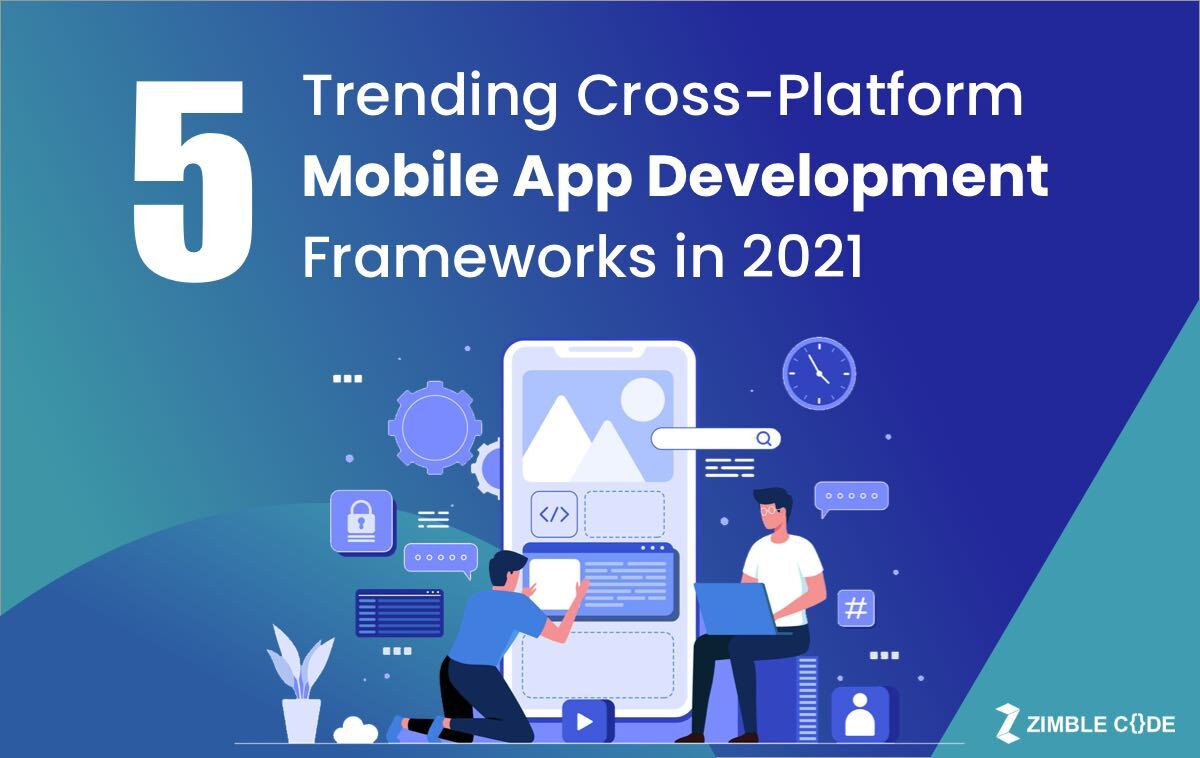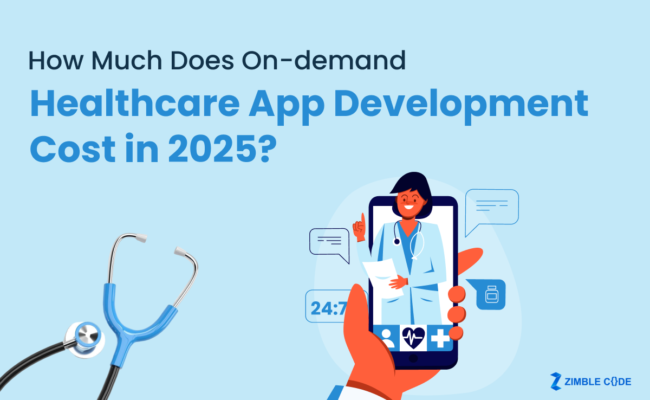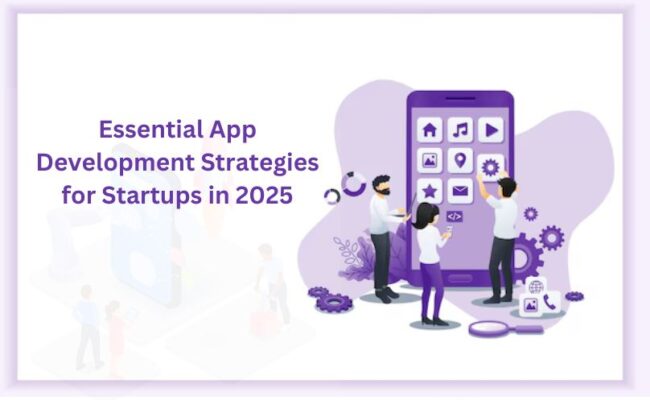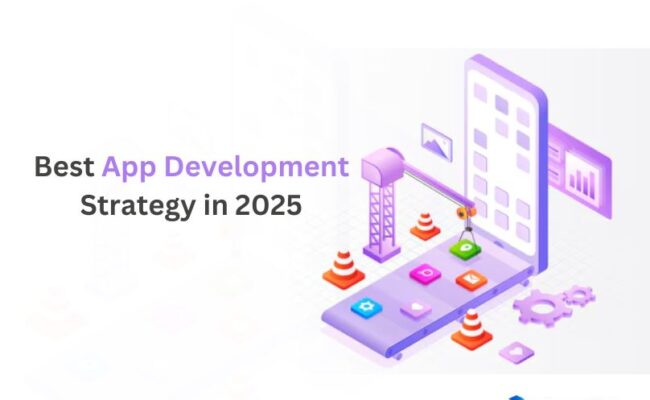Introduction
Businesses strive to go deeper into markets by developing highly intuitive and engaging mobile apps that can connect businesses with customers at any time using mobile devices. As per statistics, the global mobile application market size was valued at USD 154.05 billion in 2019 and is expected to grow at a compound annual growth rate (CAGR) of 11.5% from 2020 to 2027.
Businesses seek optimum and cost-effective solutions and look for a top mobile app development company in Netherlands for app development expertise. This enabled cross-platform apps to emerge as an essential and unequaled alternative to native apps for mobile app development on both Android and iOS platforms.
Cross-platform apps have penetrated the app development sector. The interface given by cross-platform app development frameworks is accessible and simple to use, and building an app is no more seen as a painful and time-consuming process by developers, as it was previously. The development of technology has provided us with a platform that is convenient to use and does not make us fearful of technology.
Let’s have a look at the best 5 cross-platform app development frameworks in 2021.
1. Flutter
Flutter application performance is the greatest since it does not rely on any intermediary code representations or interpretation. The Flutter app is written in machine code, which removes any performance issues that may arise during the interpretation process.
Flutter is well-known for its comprehensive set of features. It has also made it big in previous years. It is a solid open-source cross-platform for developing interfaces for both iOS and Android. It is Google’s SDK for mobile apps.
Features Of Flutter:
- High Development Speed
Because of the one codebase for the iOS and Android platforms, development is faster and saves time, effort, and money. - Hot Reload
Allows you to make changes to the code and quickly see the effects without having to recompile it. This makes bug fixes and experimenting with various UI components easier. - Customization and Quick Rendering
Since Flutter has a layered design, you have control over the pixels on the screen and can integrate and employ overlays and animated images, movies, text, and controls seamlessly. - Testing Is Less
Because the same code is used across platforms, flutter app development needs less testing. - Same UI
Flutter allows for the exchange of both UI code and UI between platforms. - Native App-Like Performance
Flutter application performance is the greatest since it does not rely on any intermediary code representations or interpretation. The Flutter app is written in machine code, which removes any performance issues that may arise during the interpretation process.
Interested? Consult Top App Developers In Netherlands.
2. Ionic
The Ionic app development framework has made hybrid app creation easier. If you want to create your business app more quickly, Ionic is the way to go. Ionic apps for different platforms are built on a single code base. It features a large tool library and is made out of the most recent components. Ionic draws a few design features from iOS and Android, allowing it to create native-like hybrid applications and progressive web apps.
Features Of Ionic:
- Faster Development And Time-To-Market
When compared to native apps, Ionic creates your mobile app in a relatively short time for both platforms. Building apps for each platform not only takes a long time, but it also results in a delayed time to market and additional expenses. - Browser Support
Ionic provides browser support, which is useful for both developers and businesses. Ionic experts provide Angular mobile application development using web-views in the
browser. They don’t require any complicated IDEs or editors to design the application layout, simply browser web-views. - Large Set Of UI Components
Ionic provides a diverse set of plugins and UI components to boost Ionic developers’ productivity while reducing development cost and time. - Native Plug-Ins
Ionic includes several native plugins that allow developers to use native device APIs. This provides the best possible experience for app users on both the iOS and Android platforms. - Programming Languages
Ionic employs front-end web technologies such as JavaScript, HTML, CSS, and Angular. It makes use of HTML5. For a startup, you may need to talk to a professional mobile app development company to oversee your app development while matching your business objectives for both platforms with emerging technology.
3. PhoneGap
PhoneGap is an open-source, cross-platform mobile app development framework that makes it easy for mobile app developers to build apps. It gives developers the freedom to utilize multiple languages without regard for hardware constraints. PhoneGap is a cloud-based solution developed by Adobe that allows mobile app developers in Netherlands to create mobile apps straight in the platform.
Features Of PhoneGap
- Robust Backend
Allows for speedier development while minimizing developer effort. - Programming Languages
Provides mobile app development in JavaScript, HTML, CSS, Java, HTML5, Objective-C, C#, and C++. - Multi-Platform
Enables mobile app creation for a variety of platforms, with a native appearance and feel. - UI Libraries
Includes a large number of UI libraries that help in enhancing the visual experience for various target viewers. - Faster Development
Because of its flexibility and agility, it allows for a faster development process. - Huge Community Base
Provides a large community base with extended support. - Uses Device Hardware
Allows full use of device capabilities such as the camera and geolocation for a rich user experience.
4. React Native
React Native, the most well-known open-source cross-platform app development framework was created by Facebook and released in 2015. It has a motto that goes, “Learn once, write everywhere.” React Native is ideally suited for apps that must be compatible with both Android and iOS. If you need a mobile app with a unique design, React Native is a good option.
Features Of React Native:
- Faster Time-To-Market
Allows for speedier development since it allows for the creation of apps for different platforms using the same codebase. It uses the same codebase as iOS, Android, and the Web (with ReactXP and React Native for Web) - Cost-Efficiency
Because a single codebase is used to create apps for many platforms, React Native mobile applications are cost-effective because they save money, time and effort. - One Development Team
Because only a single codebase is necessary, you may have your app created by a single development team of the best mobile app developers who are experienced with JavaScript. This lowers the cost of developing a mobile app. You do not need to hire separate teams for each platform. Get the best mobile app development company in Netherlands at your disposal. - Diverse Ecosystem
Because of its access to a multitude of libraries and tools, it allows for a faster software development process, increasing developer productivity. - Consistent Growth
Ensures growth by providing a collection of components that know how to show the app on a specific platform. The ability of React Native to create apps without getting too deep inside the platform lets developers focus solely on application development. This leads to a process of stable and resilient app development features, as well as a structured feature release.
5. Xamarin
Xamarin is a cross-platform app development solution for iOS, Android, and Windows. For creating elegant and engaging mobile apps, Xamarin uses.NET and C# and shares 90 percent of the code with other platforms. Xamarin supports Android and iOS apps by using C# bindings to native Android and iOS APIs, resulting in the native user interface, notifications, graphics, animation, and other device capabilities.
Features Of Xamarin:
- All Platforms Use The Same Stack
It develops mobile apps for any platform using C# and the.NET framework. For Xamarin app development, you may use Visual Studio or Visual Studio Code. - Native App-Like Performance
Xamarin apps are deemed native since their performance is constantly enhanced to meet native development requirements. - User Experience
Because of its usage of platform-specific UI components, Xamarin provides an excellent user experience. - Hardware Support
Xamarin solves hardware compatibility problems and works with common devices across platforms. - Easy Maintenance
Because of its cross-platform nature, Xamarin makes maintenance and upgrades easy. It allows for the simple deployment of updates and improvements for both iOS and Android apps. - Resources
There are several learning resources on Xamarin to assist users in developing tech skills on this platform.
Conclusion
There are several cross-platform open-source development frameworks that have shown their worth in the market. Each of them offers us a variety of distinct characteristics from which to choose. All of these are so dynamic that they cater to everything a user can conceive of, not just one sort of project. The interfaces are now more user-friendly and adaptable to every demand in the IT business. As a result, building apps that are not confined to a single sort of interface is now a simple process.
If you have a unique app idea and want an expert to bring it to life, contact Zimble Code, and find the best Flutter app developers in Netherlands.
Get a free consultation today.








Impressive blog with lovely information. Really very useful article for us thanks for sharing such a wonderful blog.
Thanks for the great article!